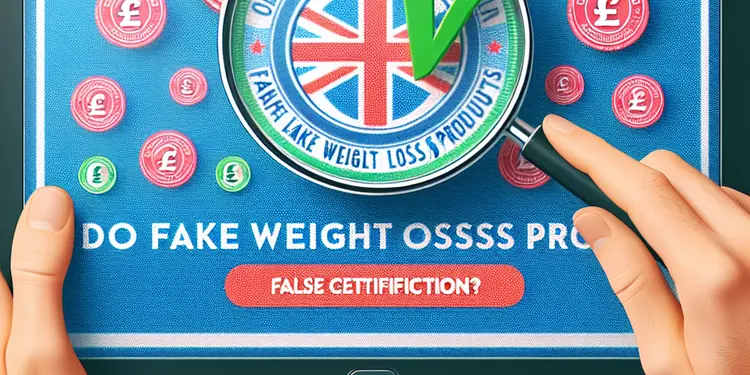
Find Help
More Items From Ergsy search
-
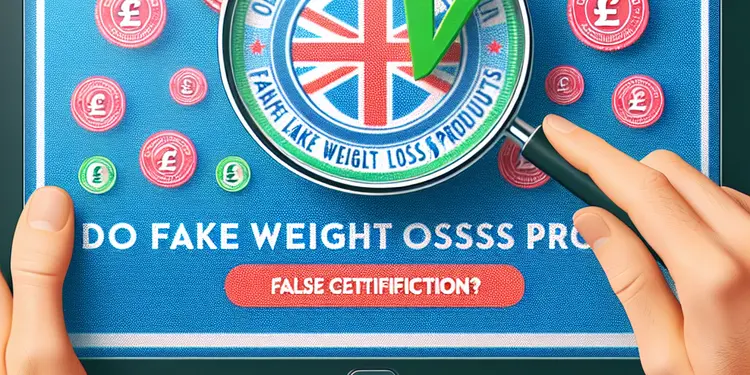
Do fake weight loss products often have false certifications?
Relevance: 100%
-

Fake weight loss drugs. How can I tell if weight loss drugs are fake?
Relevance: 81%
-

Do fake weight loss drugs offer unrealistic results?
Relevance: 77%
-

Are fake weight loss drugs often unapproved by health authorities?
Relevance: 76%
-

Can fake weight loss drugs come in unusual forms?
Relevance: 74%
-
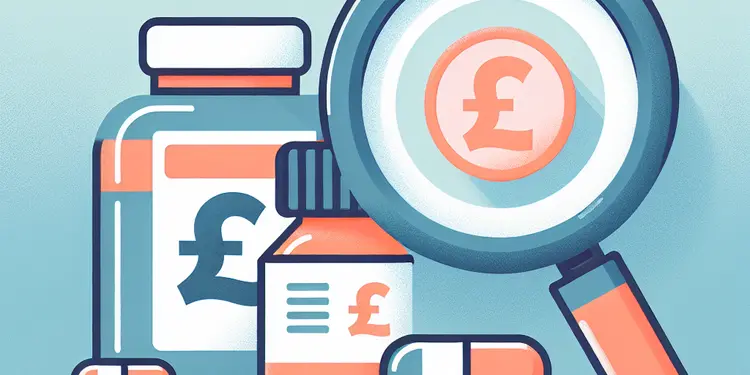
Is packaging important in identifying fake weight loss drugs?
Relevance: 69%
-

Is it possible for fake weight loss drugs to have no effect at all?
Relevance: 69%
-
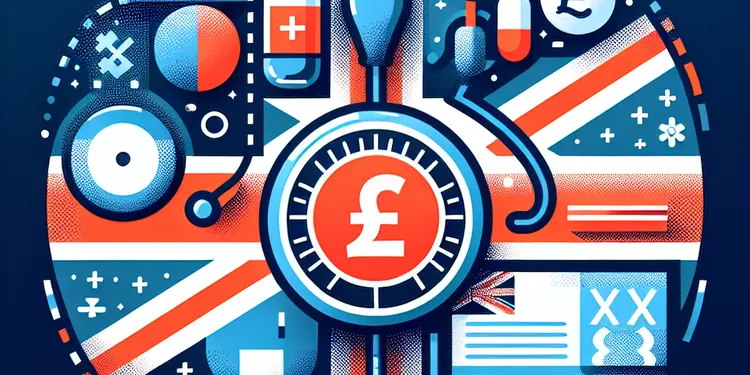
Do fake weight loss drugs often skip clinical trials?
Relevance: 67%
-

Can fake weight loss drugs have harmful ingredients?
Relevance: 67%
-
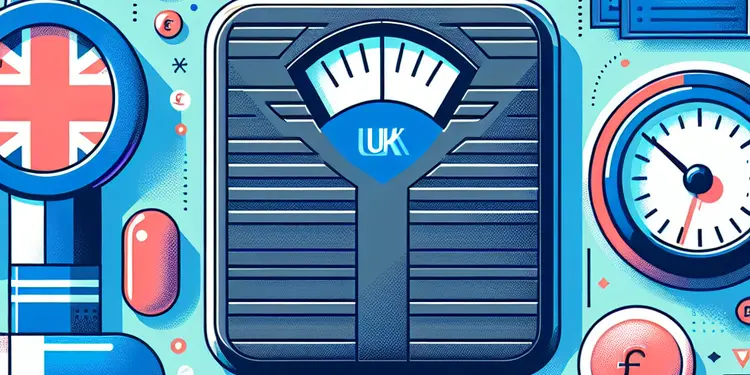
Can fake weight loss drugs contain prescription-only medications?
Relevance: 66%
-
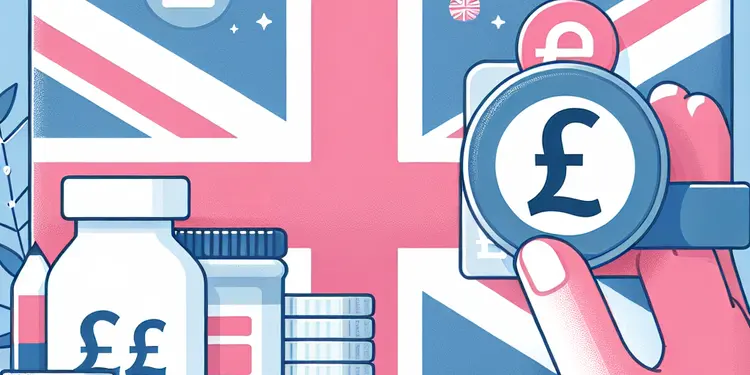
Can the pricing of weight loss drugs indicate if they're fake?
Relevance: 65%
-

Is there a risk of identity theft with fake weight loss drug purchases?
Relevance: 60%
-

Are there common side effects that fake weight loss drugs may cause?
Relevance: 56%
-
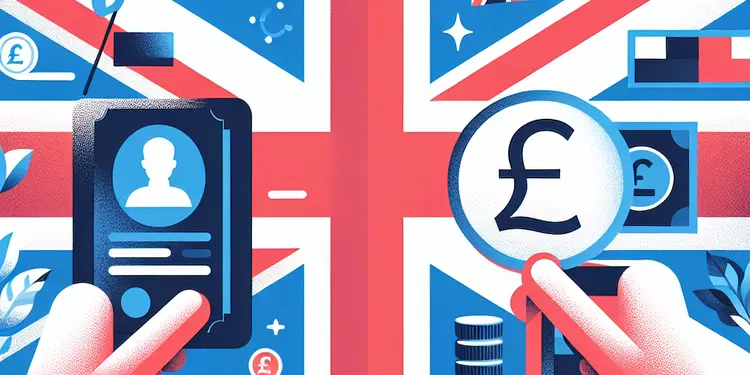
What is a false pretence?
Relevance: 43%
-

Weight Loss Surgery
Relevance: 41%
-
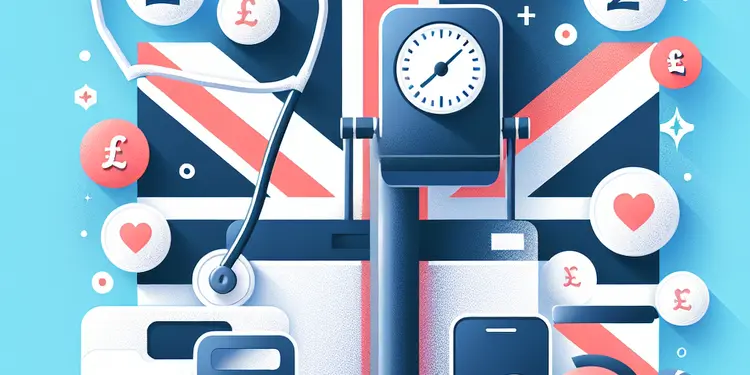
Do I need a prescription for weight loss jabs?
Relevance: 40%
-

Can everyone use weight loss jabs as a method for weight loss?
Relevance: 40%
-

How do weight loss jabs work?
Relevance: 40%
-
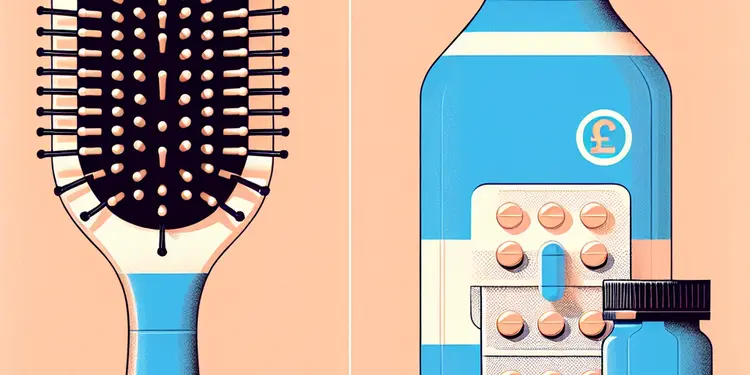
Is there a risk of hair loss with weight loss drugs?
Relevance: 40%
-

What role do online platforms play in controlling fake prostate supplement adverts?
Relevance: 39%
-

Is it safe to take weight loss jabs long-term?
Relevance: 38%
-

Are unsolicited emails about weight loss drugs a warning sign?
Relevance: 38%
-
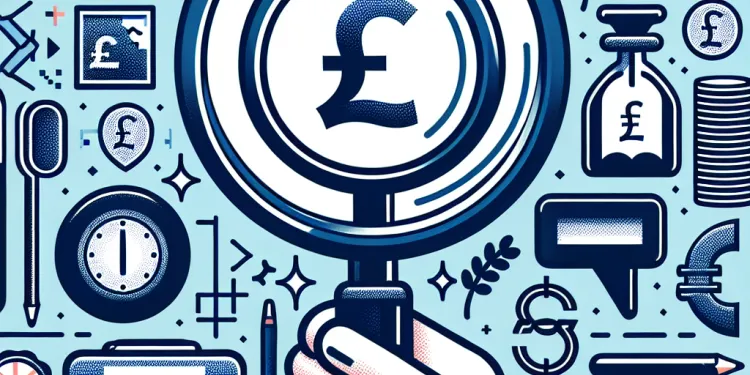
Has Ozempic been approved for weight loss?
Relevance: 38%
-

Can weight loss jabs be a short-term solution?
Relevance: 38%
-

Are weight loss jabs effective for everyone?
Relevance: 37%
-

Is there a risk of dependence on weight loss jabs?
Relevance: 37%
-

Is Wegovy similar to other weight loss drugs?
Relevance: 37%
-

Are weight loss jabs covered by insurance?
Relevance: 37%
-
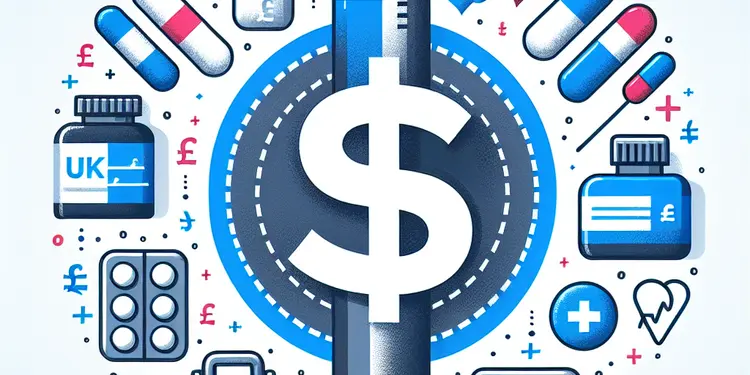
Do weight loss jabs interact with other medications?
Relevance: 37%
-

Can Ozempic be used for weight loss?
Relevance: 37%
-

Will insurance cover Ozempic for weight loss?
Relevance: 37%
-

What is the Government doing to tackle fake prostate supplement adverts?
Relevance: 37%
-

Is weight loss a possible benefit of Mounjaro?
Relevance: 37%
-

How are weight loss jabs administered?
Relevance: 36%
-
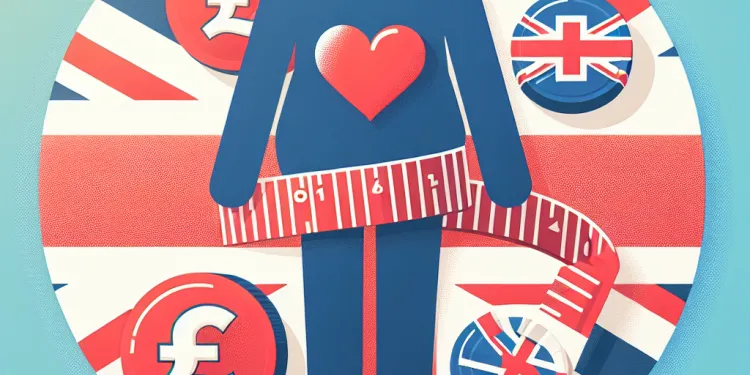
Can non-diabetic individuals use Ozempic for weight loss?
Relevance: 36%
-

What are the signs that weight loss jabs are working?
Relevance: 36%
-
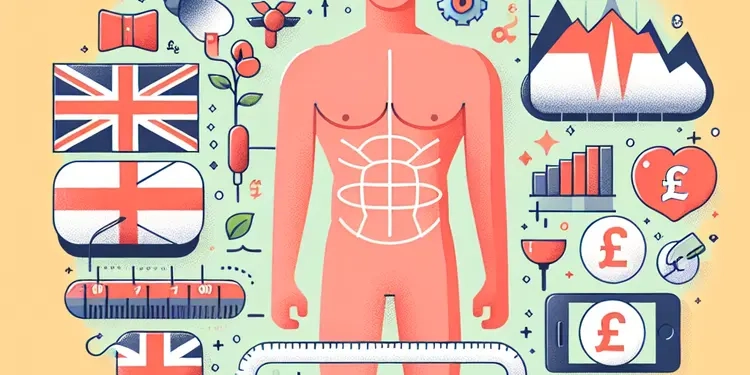
Will I have to take weight loss jabs for life?
Relevance: 36%
-

Will I have to take weight loss jabs for life?
Relevance: 36%
-

Can weight loss improve sleep apnea?
Relevance: 36%
-

Can weight loss drugs cause dehydration?
Relevance: 35%
Introduction
In an era where the desire for quick and effortless weight loss solutions is more prevalent than ever, the market for weight loss products is booming. Unfortunately, this demand has given rise to a plethora of fake weight loss products. A concerning aspect of these products is their often misleading claims of efficacy and safety, frequently backed by false certifications.
The Reality of Fake Certifications
Many consumers in the UK and around the world are swayed by certifications that suggest a product has been endorsed or verified by official bodies. However, fake weight loss products frequently display false certifications to create a veneer of legitimacy. These certifications may be entirely fabricated, or they might misappropriate logos and approval marks from regulatory bodies, leading consumers to believe they are purchasing a credible product.
Understanding Official Certifications
In the UK, legitimate weight loss products should comply with regulations set by authorities like the Medicines and Healthcare products Regulatory Agency (MHRA). The MHRA ensures that products marketed as medicinal or health-related are safe and effective for consumer use. However, many counterfeit products bypass these regulations by operating in a grey area, marketing themselves as supplements rather than medications, thereby eluding stringent checks.
Common Tactics by Fake Products
One common tactic employed by creators of fake weight loss products is the use of pseudo-scientific jargon and bogus scientific endorsements to back their claims. Some products even reference 'clinical studies' without providing any details about the research or its credibility. Additionally, fraudulent products may misuse logos of health organizations or international certification bodies to falsely imply they have been tested and approved.
Consumer Protection and Awareness
For UK consumers, it is essential to maintain a skeptical eye when encountering weight loss products that appear too good to be true. Checking the legitimacy of certifications is a crucial step. Consumers should verify product claims with independent sources or consult healthcare professionals before purchasing any weight loss products. The use of government websites and trusted health platforms can provide guidance on recognizing fake certifications and spotting counterfeit products.
The Role of Regulation and Enforcement
Regulatory bodies in the UK are actively working to combat the issue of fake weight loss products. Enforcement actions against companies selling fraudulent products have increased, but the onus is also on consumers to report suspicious products. Increased public awareness, better education regarding genuine certification processes, and robust regulatory enforcement are key to tackling this pervasive issue.
Conclusion
The prevalence of false certifications in the weight loss product market is a significant concern, particularly as it relates to consumer safety and trust. By recognizing the tactics used by fraudulent products and understanding the importance of genuine certification, consumers can better protect themselves from potentially harmful and ineffective fake weight loss solutions.
Introduction
Many people today want to lose weight quickly and easily. Because of this, there are lots of weight loss products being sold. But be careful! Many of these products are fake. They often make claims about how well they work and how safe they are, but these claims might be untrue. Sometimes, they even have fake certificates that say they are safe to use.
The Truth About Fake Certificates
In the UK, and all over the world, people see certificates on a product and think it means the product is safe and has been checked by experts. Fake weight loss products often have fake certificates that try to fool you into thinking they are real. These might use fake logos or pretend to be approved by important organizations when they are not.
Real Certificates and What They Mean
In the UK, real weight loss products need to follow the rules from the Medicines and Healthcare products Regulatory Agency (MHRA). This agency makes sure products are safe and work well. But fake products often say they are just supplements, not medicines, so they can avoid these checks.
Tricks Used by Fake Products
People who make fake weight loss products use tricky language and fake scientific backing to convince people. They might mention ‘clinical studies’ but not share any real details. Some even use the logos from real health organizations without permission to make you believe they have been checked and approved.
How to Stay Safe as a Buyer
If you live in the UK, be careful of weight loss products that seem too good to be true. Always check if the certificate is real. You can ask a doctor or look up information on trusted websites. This will help you find out if the product is fake or not. Also, government websites and trusted health sites can help you spot fake products and their certificates.
Rules and Who Enforces Them
In the UK, there are people working to stop fake weight loss products. They take action against companies selling these bad products. It’s also important for people to speak up if they see fake products. Knowing more about real certificate processes and having strong rules helps keep everyone safe.
Conclusion
Fake certificates in the weight loss market are a big problem. This is important because it affects how safe and trustworthy the products are. By learning to spot fake products and knowing why real certificates matter, people can stay away from fake products that might be harmful.
Frequently Asked Questions
Useful Links
This website offers general information and is not a substitute for professional advice.
Always seek guidance from qualified professionals.
If you have any medical concerns or need urgent help, contact a healthcare professional or emergency services immediately.
Some of this content was generated with AI assistance. We’ve done our best to keep it accurate, helpful, and human-friendly.
- Ergsy carfully checks the information in the videos we provide here.
- Videos shown by Youtube after a video has completed, have NOT been reviewed by ERGSY.
- To view, click the arrow in centre of video.
- Most of the videos you find here will have subtitles and/or closed captions available.
- You may need to turn these on, and choose your preferred language.
- Go to the video you'd like to watch.
- If closed captions (CC) are available, settings will be visible on the bottom right of the video player.
- To turn on Captions, click settings .
- To turn off Captions, click settings again.
More Items From Ergsy search
-

Do fake weight loss products often have false certifications?
Relevance: 100%
-

Fake weight loss drugs. How can I tell if weight loss drugs are fake?
Relevance: 81%
-

Do fake weight loss drugs offer unrealistic results?
Relevance: 77%
-

Are fake weight loss drugs often unapproved by health authorities?
Relevance: 76%
-

Can fake weight loss drugs come in unusual forms?
Relevance: 74%
-

Is packaging important in identifying fake weight loss drugs?
Relevance: 69%
-

Is it possible for fake weight loss drugs to have no effect at all?
Relevance: 69%
-

Do fake weight loss drugs often skip clinical trials?
Relevance: 67%
-

Can fake weight loss drugs have harmful ingredients?
Relevance: 67%
-

Can fake weight loss drugs contain prescription-only medications?
Relevance: 66%
-

Can the pricing of weight loss drugs indicate if they're fake?
Relevance: 65%
-

Is there a risk of identity theft with fake weight loss drug purchases?
Relevance: 60%
-

Are there common side effects that fake weight loss drugs may cause?
Relevance: 56%
-

What is a false pretence?
Relevance: 43%
-

Weight Loss Surgery
Relevance: 41%
-

Do I need a prescription for weight loss jabs?
Relevance: 40%
-

Can everyone use weight loss jabs as a method for weight loss?
Relevance: 40%
-

How do weight loss jabs work?
Relevance: 40%
-

Is there a risk of hair loss with weight loss drugs?
Relevance: 40%
-

What role do online platforms play in controlling fake prostate supplement adverts?
Relevance: 39%
-

Is it safe to take weight loss jabs long-term?
Relevance: 38%
-

Are unsolicited emails about weight loss drugs a warning sign?
Relevance: 38%
-

Has Ozempic been approved for weight loss?
Relevance: 38%
-

Can weight loss jabs be a short-term solution?
Relevance: 38%
-

Are weight loss jabs effective for everyone?
Relevance: 37%
-

Is there a risk of dependence on weight loss jabs?
Relevance: 37%
-

Is Wegovy similar to other weight loss drugs?
Relevance: 37%
-

Are weight loss jabs covered by insurance?
Relevance: 37%
-

Do weight loss jabs interact with other medications?
Relevance: 37%
-

Can Ozempic be used for weight loss?
Relevance: 37%
-

Will insurance cover Ozempic for weight loss?
Relevance: 37%
-

What is the Government doing to tackle fake prostate supplement adverts?
Relevance: 37%
-

Is weight loss a possible benefit of Mounjaro?
Relevance: 37%
-

How are weight loss jabs administered?
Relevance: 36%
-

Can non-diabetic individuals use Ozempic for weight loss?
Relevance: 36%
-

What are the signs that weight loss jabs are working?
Relevance: 36%
-

Will I have to take weight loss jabs for life?
Relevance: 36%
-

Will I have to take weight loss jabs for life?
Relevance: 36%
-

Can weight loss improve sleep apnea?
Relevance: 36%
-

Can weight loss drugs cause dehydration?
Relevance: 35%


